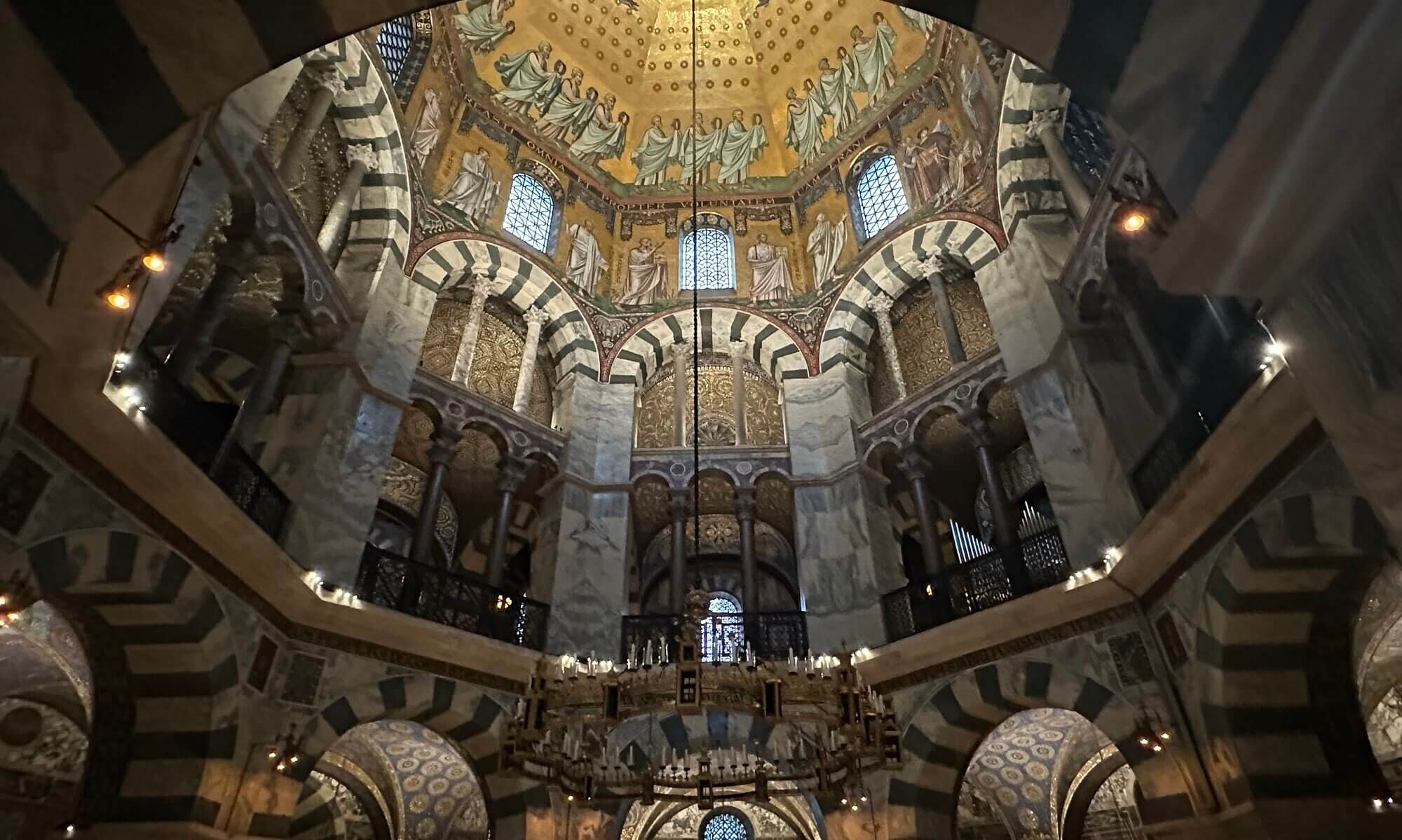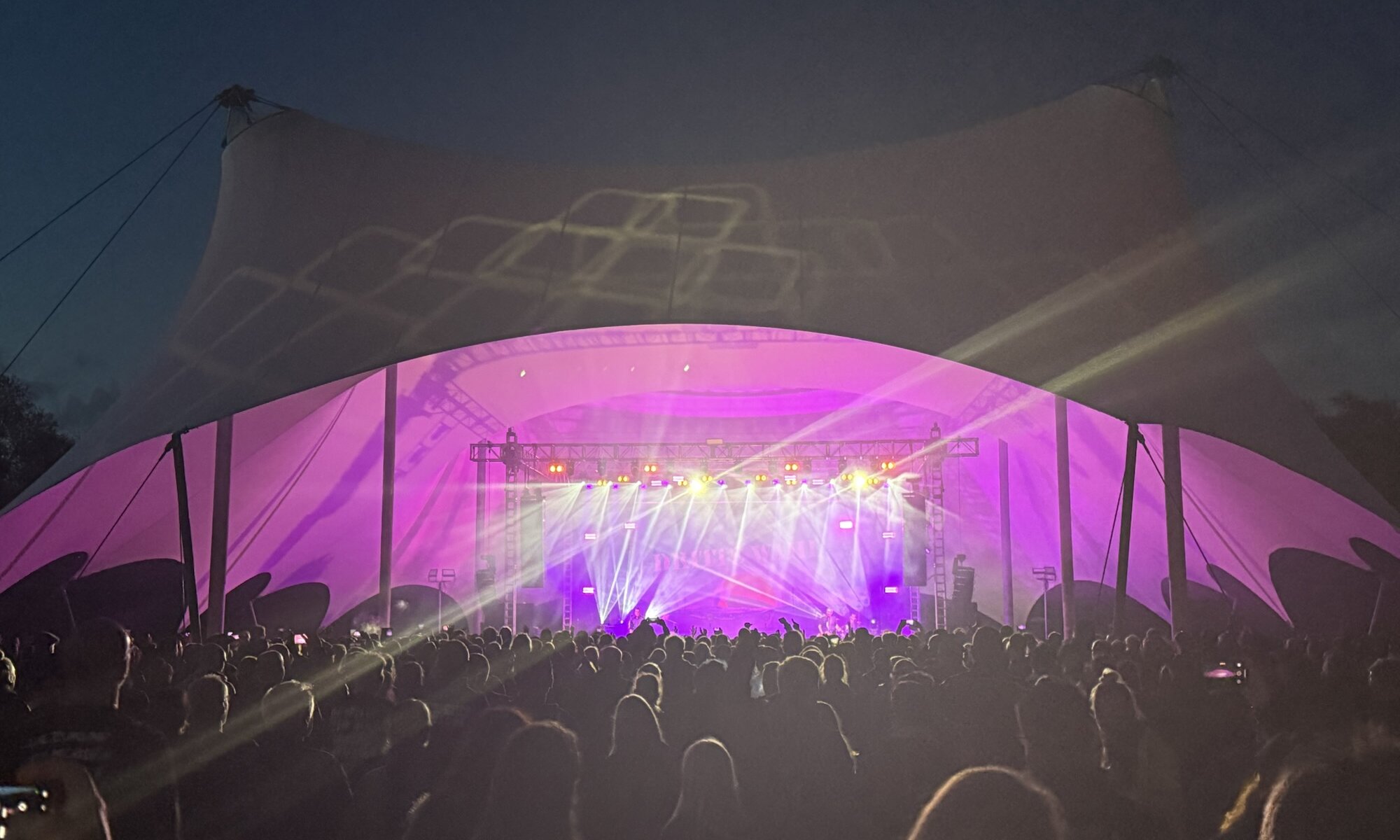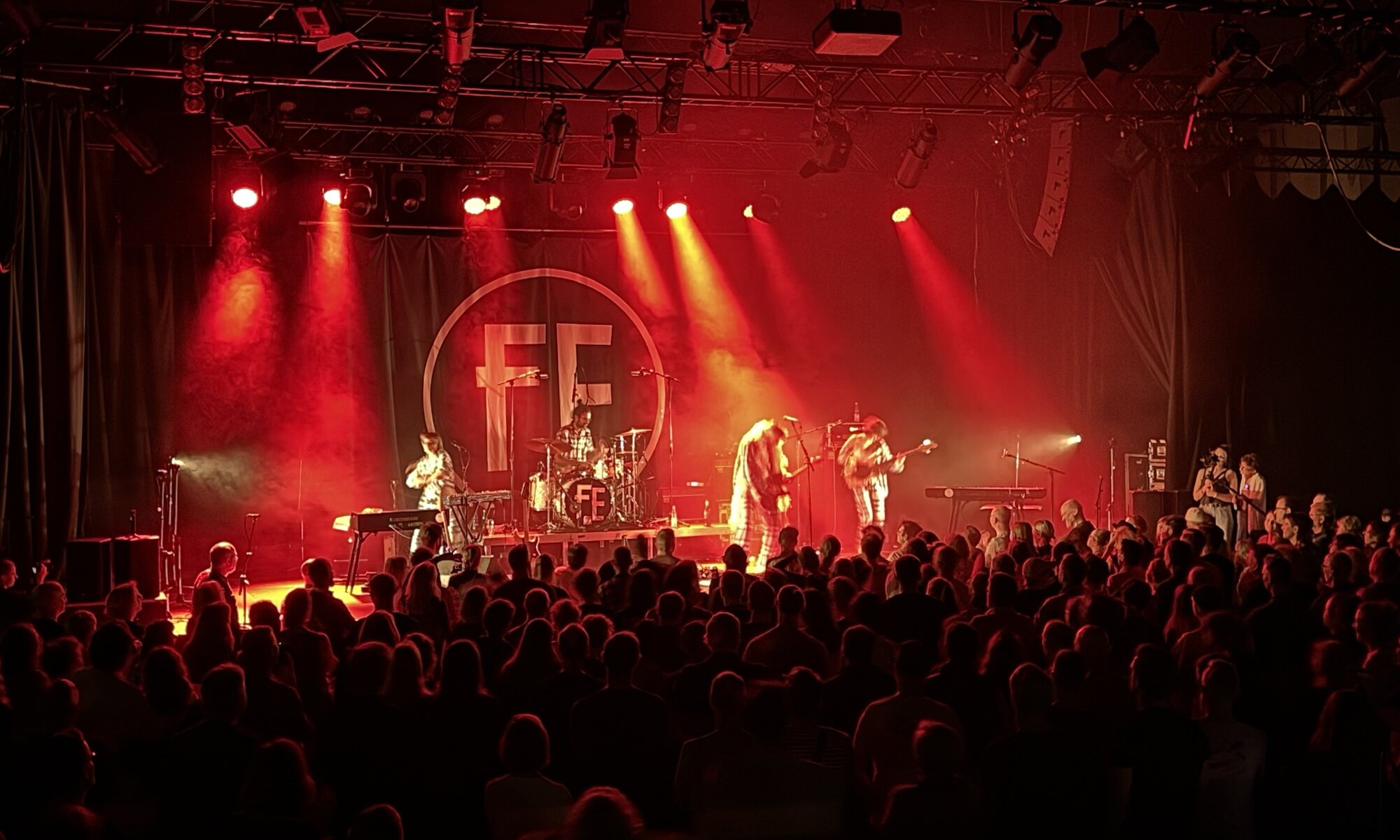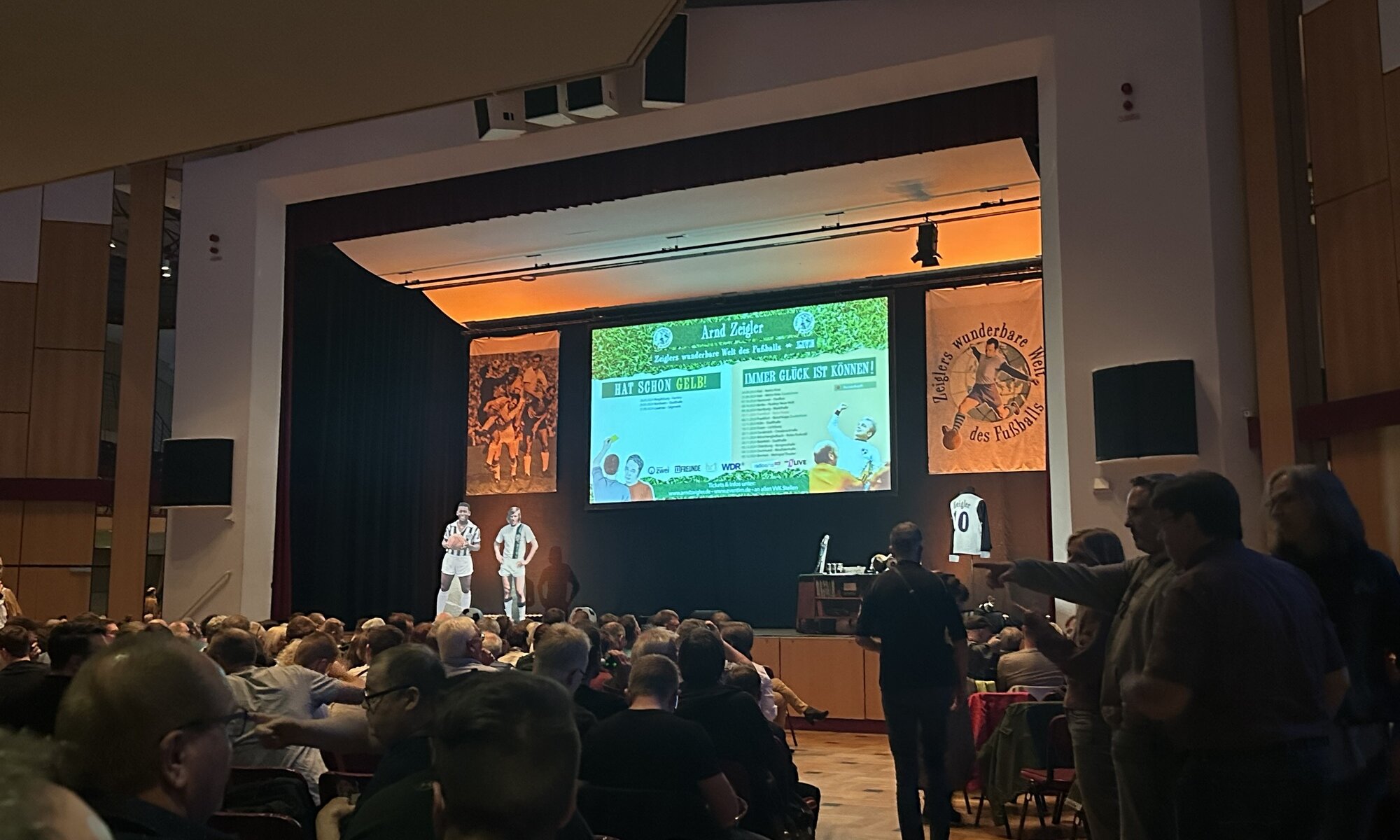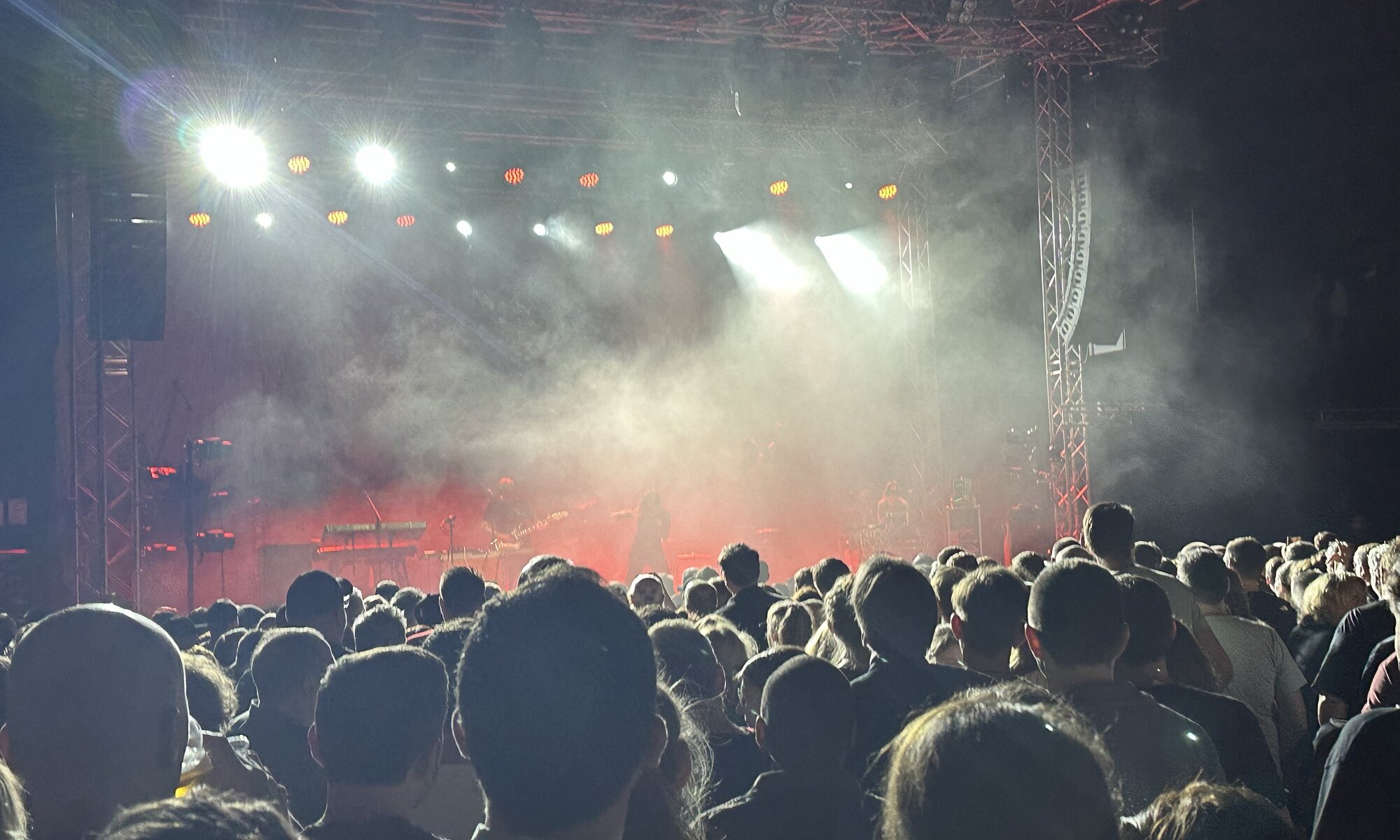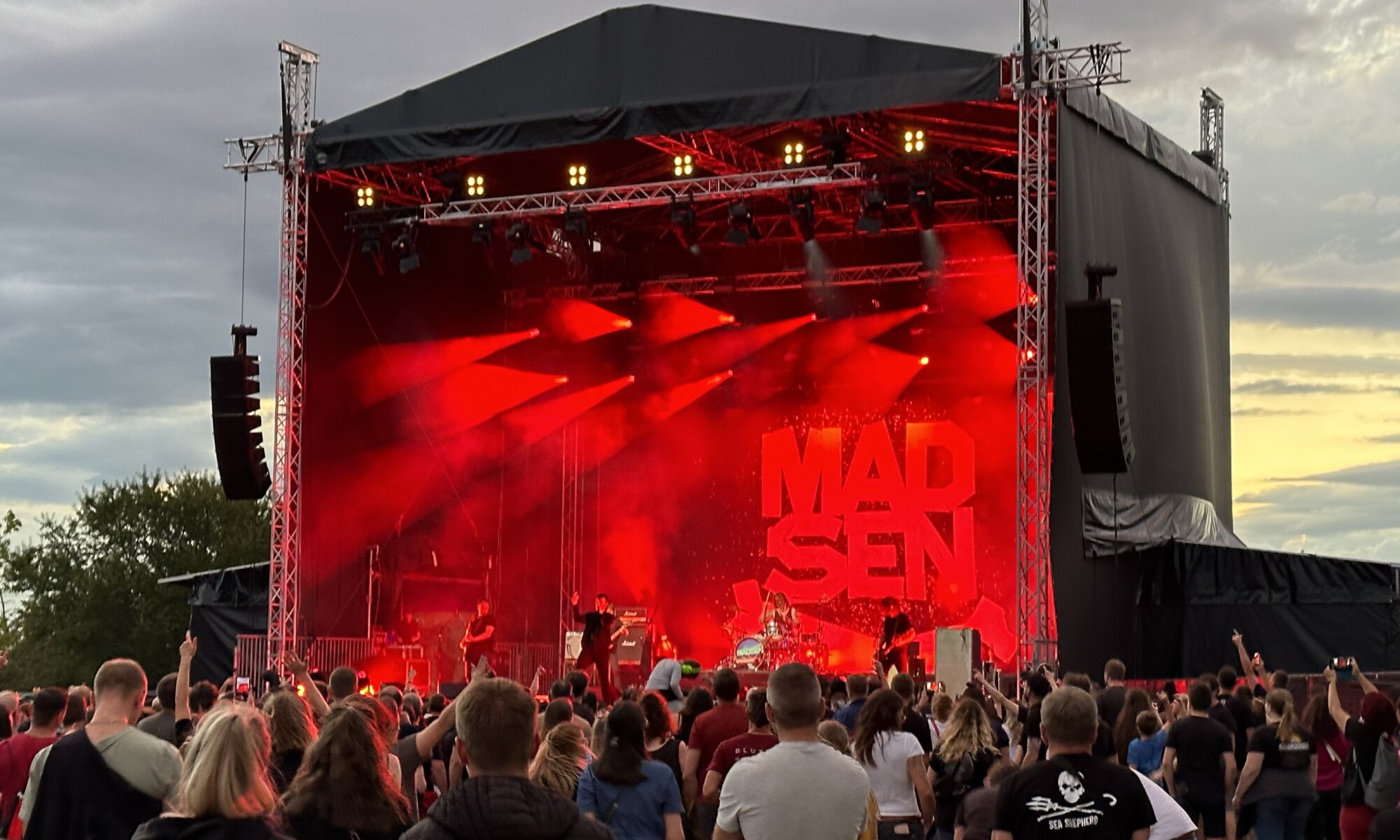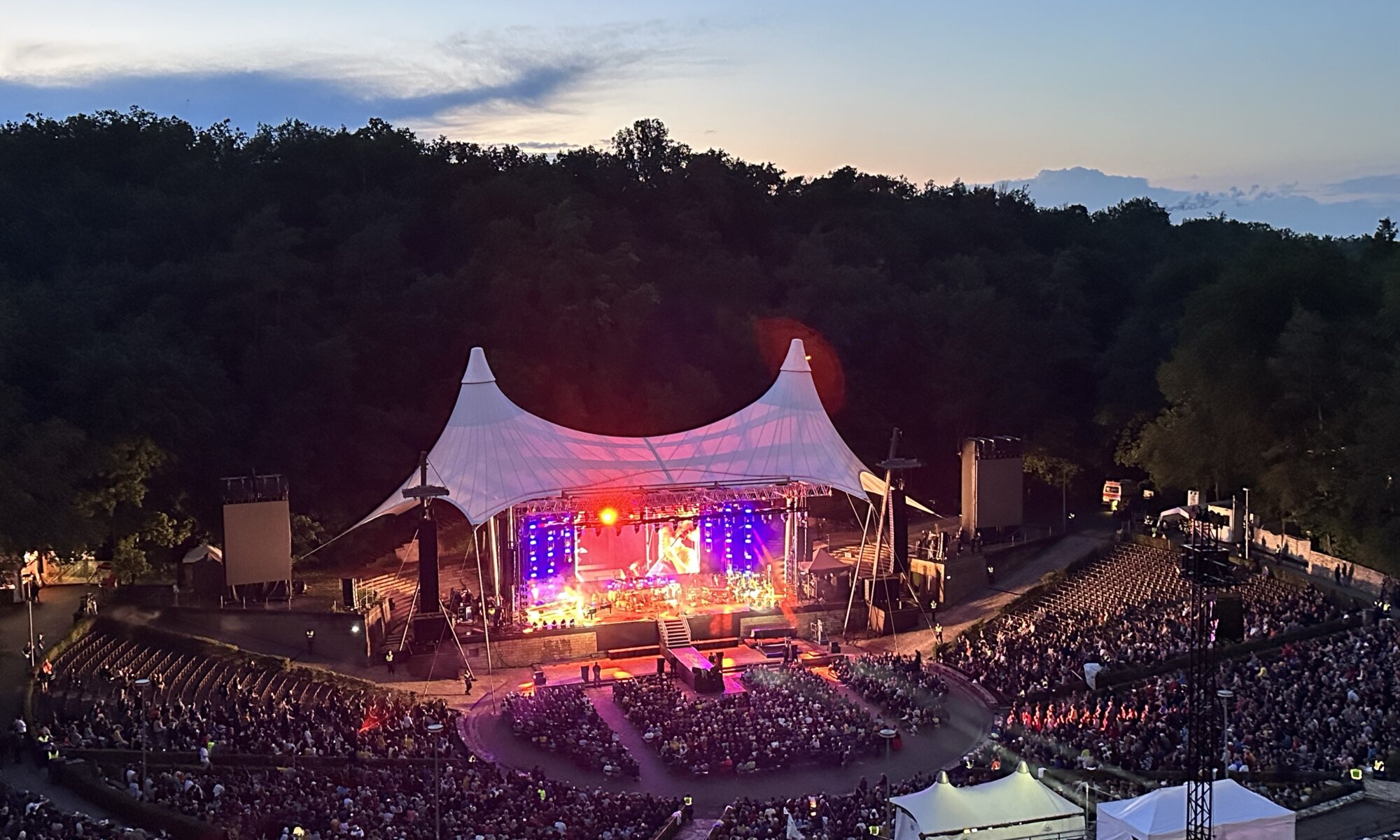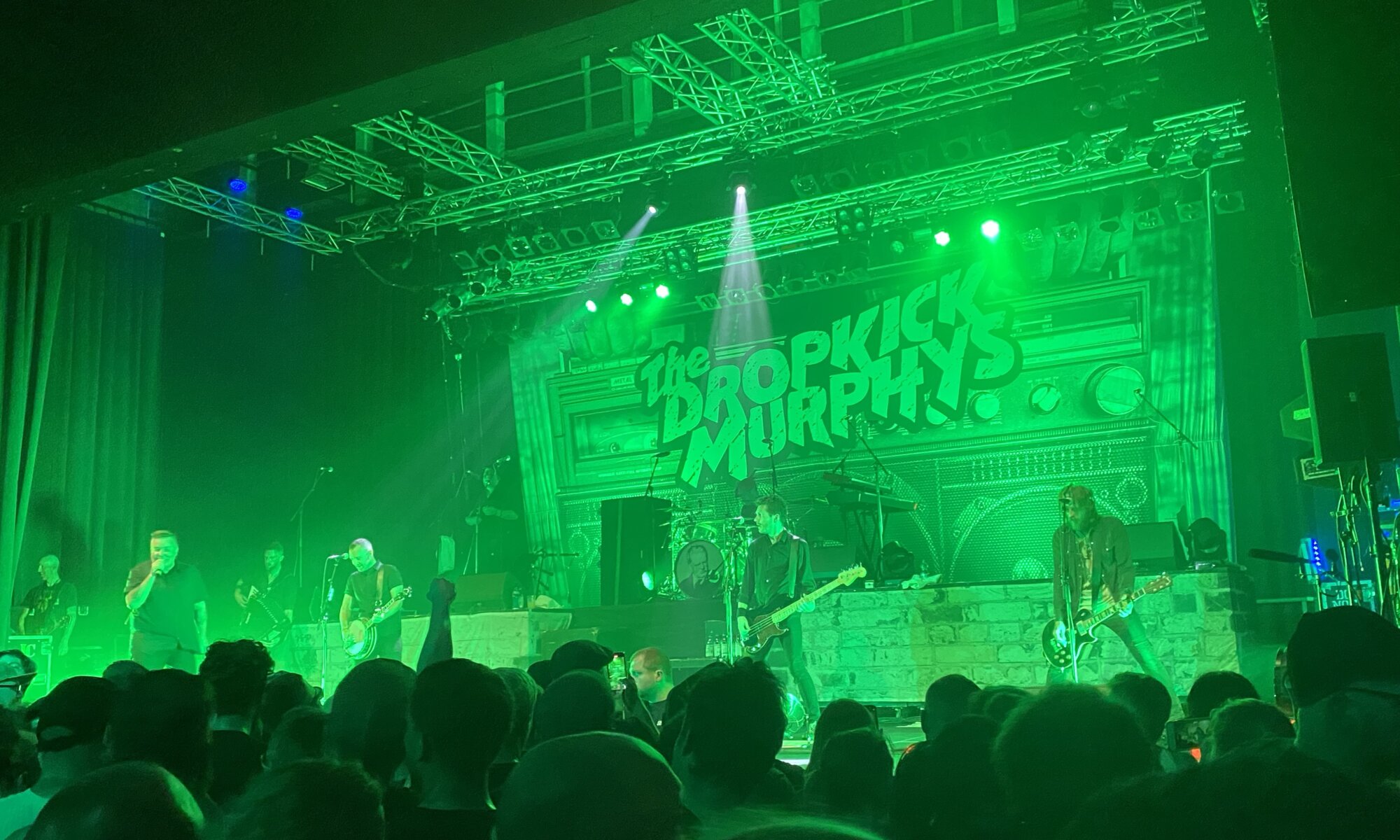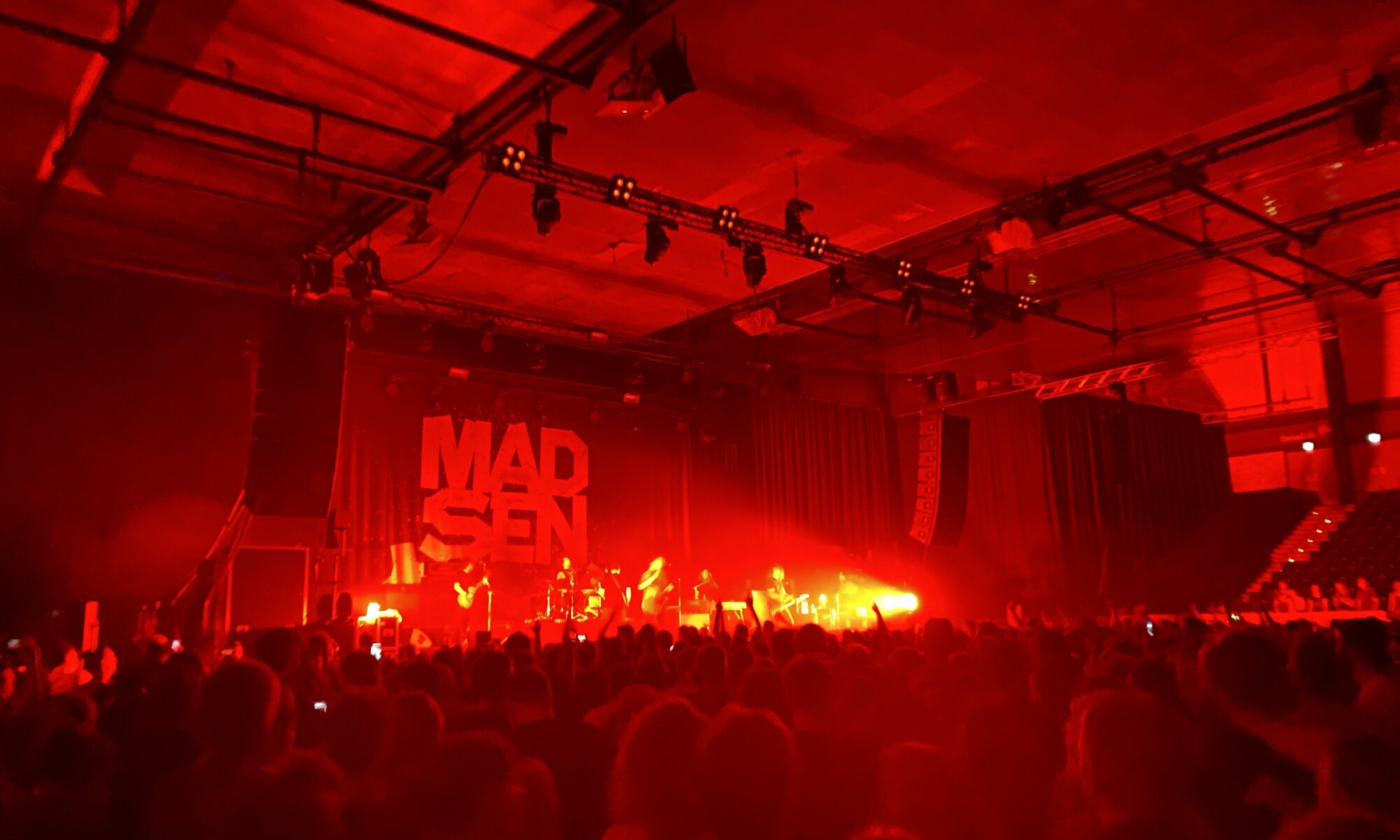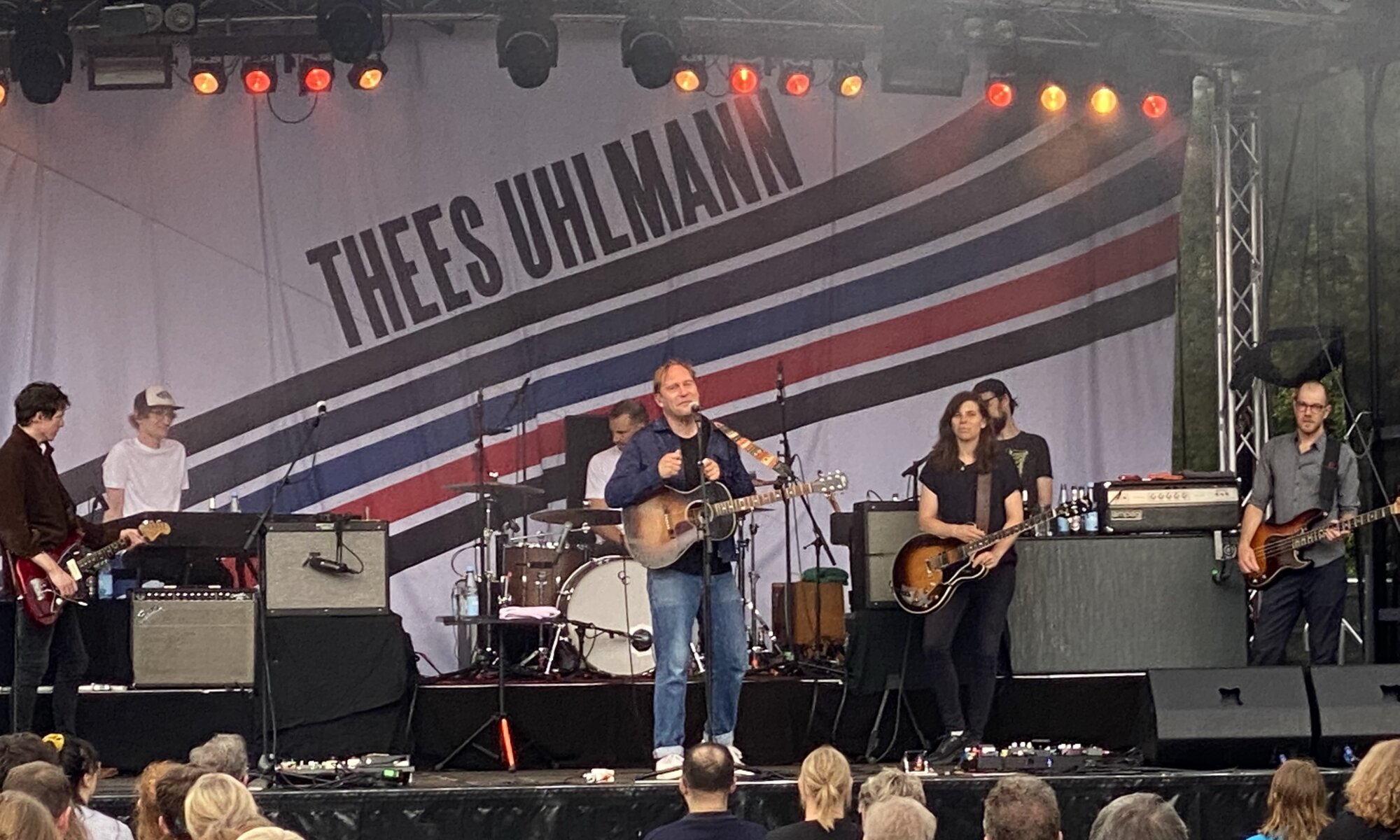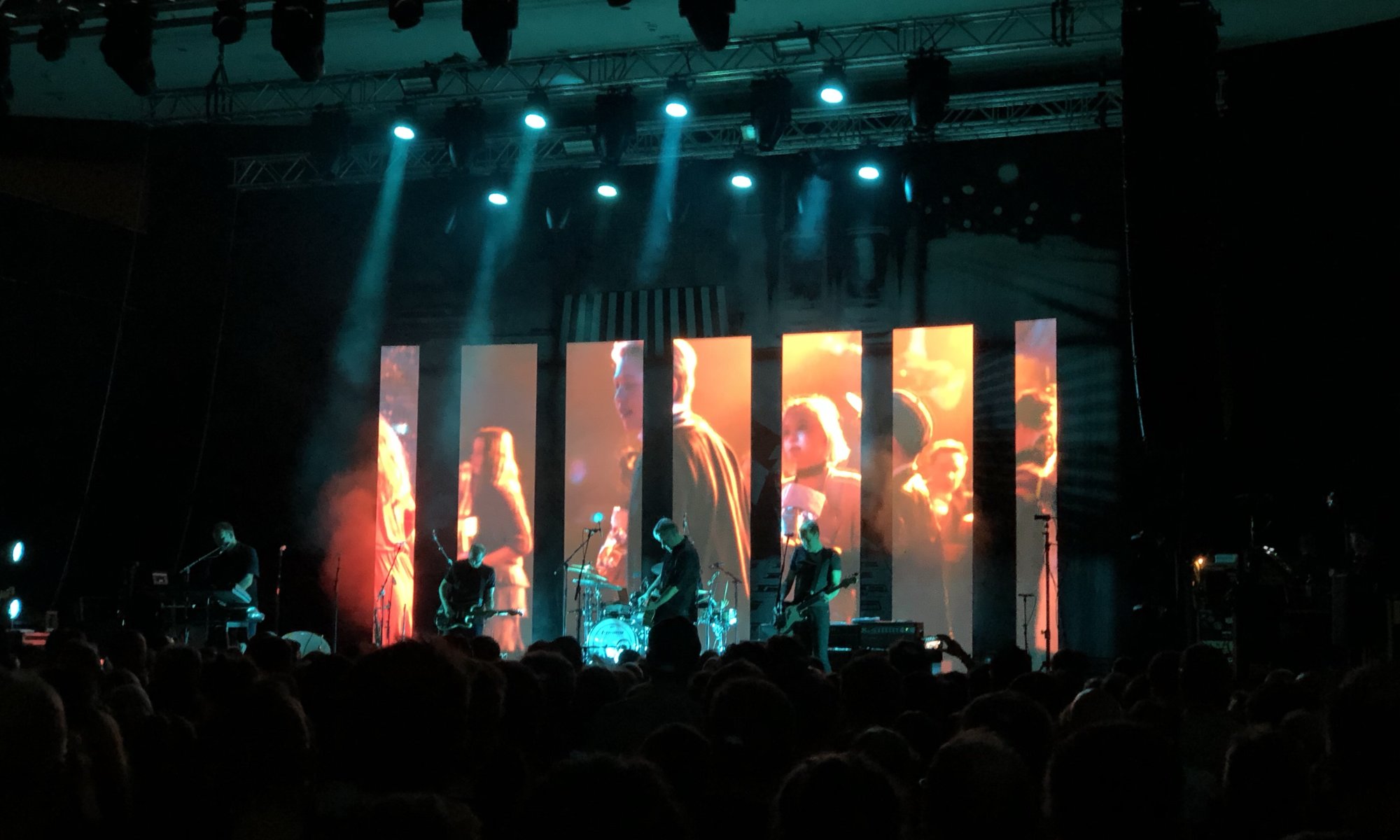The IGA-Park in Rostock is a wide expanse of green and waterfront leisure created out of the grounds of the International Garden Exhibition held in 2003. Once an industrial harbour area, it was completely transformed into a landscaped park that combines themed gardens, modern art installations, and broad lawns along the Warnow river. Today it stands as one of the city’s most attractive recreational spaces, linking Rostock’s maritime heritage with a contemporary vision of open urban living.
Continue reading “IGA-Park”Pavillon
In the 1970s the Deutsches Familienkaufhaus (DeFaKa, a shopping mall) at Hannover needed a temporary new home because their normal location at the Seilwinderstraße close to the Kröpcke was rebuilt. For that reason a flat building behind the main railway station of Hannover was constructed and surprisingly it is still there today: in 1977 it was not torn down but became the Kulturzentrum Pavillon, a socio-cultural center which serves as a public library, a concert venue and a bar.
Continue reading “Pavillon”Basement
German cities need to have a Stadthalle, an event hall for concerts and other cultural events. People in smaller towns often have a special connection to these places as they go there multiple times in live and especially graduation ceremonies take place within. This also true for the Stadthalle of Northeim in southern Lower Saxony – their local pearl was build in the 90s gives space for up to 700 spectators.
Continue reading “Basement”Turbinenhalle
Formerly the Turbinenhalle at Oberhausen was used to produce electricity and comprised air for the ironworks of the Gutehoffnungshütte, an important mining and mechanical engineering company. It was built in 1909 and converted into a discotheque in 1993 when the steel industry was gone. Today it is a concert location with a special atmosphere that has attracted many great bands over the years.
Continue reading “Turbinenhalle”Central Club
I came to Erfurt last in 2015 for a concert in a club called Centrum, located in the city center, between the Anger and the Juri-Gagarin-Ring. Its perfect location became a problem as the landlord decided that he could earn more money by rebuilding the place instead of hosting a club. Half a year after my visit the Centrum had to be closed and Erfurt lost a wonderful concert hall.
Continue reading “Central Club”Waldbühne
The Waldbühne Berlin is a fantastic open-air stage in the Murellenschlucht valley close to the Olympiastadion of Berlin. More than 22,000 persons can attend concerts and other events there; the biggest outdoor stage I’ve ever seen. It was built in 1936 for the Olympic summer games following the design of a Greek theatre. The creation was initiated by Joseph Goebbels and the layout included a VIP box for Adolf Hitler. You can still today guess in which time it was built by looking at the artworks at the entrance gates.
Continue reading “Waldbühne”Posthalle
The Posthalle is an amazing concert venue at the railway station of Würzburg, Germany. It is located in a former postal distribution center next to the railway tracks. The building was in use from 1970 to 1993 and then empty for fifteen years. In 2008 the concert location Posthalle was opened and hosts up to 200 concerts every year. Up to 2,800 visitors can join the many live events with this special industrial flair.
Continue reading “Posthalle”Wo es beginnt
The COVID-19 pandemic created a special situation: for more than two and a half years concerts were shifted continuously into the future. We were always believing that next year everything will be fine and in addition to the concert tickets I had already bought I acquired new ones. In 2022 when everyone had the chance to get vaccinated and many people had already infected with variants of the virus that were at least less harmful, large concerts were possible again. And my calendar was full with concerts; starting with a performance of Madsen at the Stadionsporthalle of Hannover.
Continue reading “Wo es beginnt”musa
If you’re living in Göttingen it is impossible to not know what the musa is. The biggest sociocultural center of the region has a history already dating back to the year 1977 and it is located since 1990 in the former military bakery at the Hagenweg, west of river Leine. This part of Göttingen is not the most popular one to live at, but the musa was always a good reason to cross the river and enjoy concerts there.
Continue reading “musa”The MuK
If you give a place a name as long as Musik- und Kongresshalle then it’s pretty normal that the locals will start to abbreviate. For them this concert hall and event centre opened in 1994 is simply ‘die MuK‘. Philharmonic concerts use a special room within the building, for other concerts the stage is placed in a giant foyer. A multifunctional building saves money but everything feels a little bit improvised: the windows closed with cloth hanging from the ceiling and mobile barriers (called Hamburger Gitter) needed to ensure a proper entrance check for the crowd.
Continue reading “The MuK”